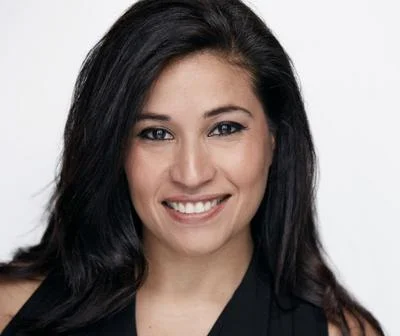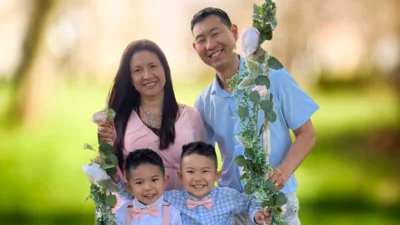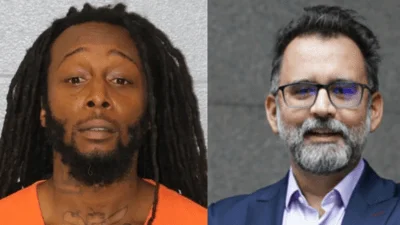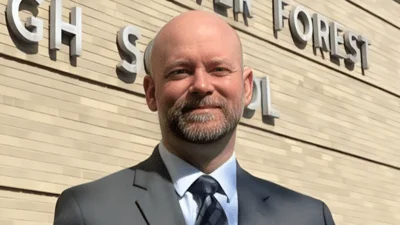Loyola Health System issued the following announcement on June 6.
MAYWOOD, IL – More than one million Americans are living with an undiagnosed silent killer called an abdominal aortic aneurysm (AAA).
An AAA is a bulge in the wall of the aorta, the largest artery in the body. The aorta originates at the heart and extends down to the abdomen. An AAA, especially a large one, could burst at any time, causing massive internal bleeding that could be fatal.
On Saturday, June 9, Loyola Medicine will hold a free ultrasound screening for people at risk for AAAs. The screening will be held from 8 am to noon at Loyola University Medical Center, 2160 S. First Ave., Maywood, Illinois.
"Early detection of aortic aneurysms is the key to minimizing the risk of rupture and death. A noninvasive ultrasound test is the best way to screen for an abdominal aortic aneurysm and measure its size," said Bernadette Aulivola, MD, director of Loyola Medicine's division of vascular surgery and endovascular therapy.
It's best to identify an aneurysm when it's small, so that it can be monitored over time and repaired once it becomes large enough to pose a significant risk of rupture. Depending on the patient, the aneurysm can be repaired with a minimally invasive technique or open surgery, Dr. Aulivola said.
Aneurysms expand slowly over years and typically cause no symptoms until a rupture occurs. More than 10,000 people in the United States die each year from undiagnosed AAAs. AAA rupture is the third leading cause of sudden death in men 60 and older in the United States.
The size of the normal abdominal aorta is less than 2 centimeters. Once an AAA reaches approximately 5 centimeters in diameter, repair is recommended.
But many people are unaware they have life-threatening aneurysms. Loyola patient Terry Crowe of St. John, Indiana, did not know he had a ticking time bomb in his abdomen – an AAA that was 8.5 centimeters (nearly 3 ½ inches) wide. One day, Mr. Crowe developed severe pain in the stomach area and went to a local emergency room. A CT scan confirmed the presence of a large aneurysm. The aneurysm had ruptured, but fortunately the bleeding was contained. Mr. Crowe was helicoptered to Loyola for treatment.
"I was very fortunate," Mr. Crowe said. "I had a warning sign and was able to get to the hospital."
Vascular surgeons traditionally treated AAAs with major open surgery that required months of recovery. But now, most AAA patients, including Mr. Crowe, can be treated with a minimally invasive endovascular procedure.
Mr. Crowe's surgeon, Dr. Aulivola, repaired his aneurysm by lining the damaged section of the aorta with a tube called a stent graft. The stent graft prevents blood from flowing into the aneurysm. Dr. Aulivola deployed the stent graft with a catheter that she inserted in the groin and guided up to the aorta. Mr. Crowe went home after two nights in the hospital.
Mr. Crowe, 71, said his mother died of a ruptured AAA. But he was unaware that he too was at risk. "Now I'm telling everyone I know who may be at risk for an AAA to get screened," he said.
Those eligible for the Loyola AAA screening include anyone age 60 and older who has at least two cardiovascular risk factors and men age 55 and older with a family history of AAA and at least one additional cardiovascular risk factor. Cardiovascular risk factors include a history of smoking, high blood pressure or cholesterol and hardening of the arteries.
To make an appointment for the Loyola AAA screening, call 888 871-3801. Advance registration and an eight-hour fast are required.
The screening is supported by W. L. Gore and AAAneurysm Outreach.
Original source can be found here.

Source: Loyola Health System






 Alerts Sign-up
Alerts Sign-up